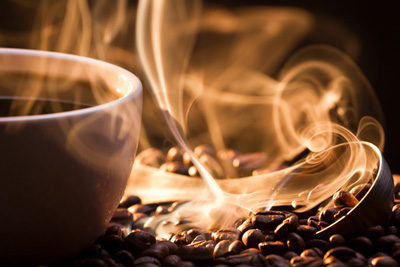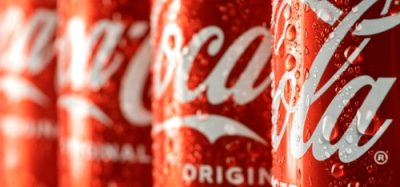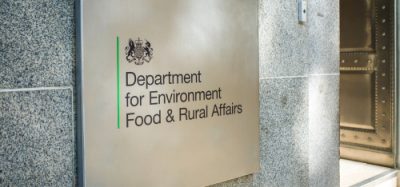IARC downgrades the cancer risk of coffee
Posted: 15 June 2016 | Victoria White, Digital Content Producer | No comments yet
While the IARC found no conclusive evidence for a carcinogenic effect of coffee, they found very hot beverages probably cause cancer of the oesophagus…


A Working Group of the International Agency for Research on Cancer (IARC), the cancer agency of the World Health Organisation (WHO), has evaluated the carcinogenicity of drinking coffee and very hot beverages.


The Working Group found no conclusive evidence for a carcinogenic effect of drinking coffee. However, the experts did find that drinking very hot beverages probably causes cancer of the oesophagus in humans.
The Working Group also assessed maté – an infusion made from dried leaves of Ilex paraguariensis. Maté is consumed mainly in South America and to a lesser extent in the Middle East, Europe, and North America. Maté is traditionally drunk very hot (at about 70 °C). No conclusive evidence was found for drinking maté at temperatures that are not very hot.
“These results suggest that drinking very hot beverages is one probable cause of oesophageal cancer and that it is the temperature, rather than the drinks themselves, that appears to be responsible,” says Dr Christopher Wild, IARC Director.
Risk of oesophageal cancer increases with beverage temperature
Drinking very hot beverages was classified as probably carcinogenic to humans (Group 2A). This was based on limited evidence from epidemiological studies that showed positive associations between cancer of the oesophagus and drinking very hot beverages. Studies in places such as China, the Islamic Republic of Iran, Turkey, and South America, where tea or maté is traditionally drunk very hot (at about 70 °C), found that the risk of oesophageal cancer increased with the temperature at which the beverage was drunk. In experiments involving animals, there was also limited evidence for the carcinogenicity of very hot water.
“Smoking and alcohol drinking are major causes of oesophageal cancer, particularly in many high-income countries,” stresses Dr Wild. “However, the majority of oesophageal cancers occur in parts of Asia, South America, and East Africa, where regularly drinking very hot beverages is common and where the reasons for the high incidence of this cancer are not as well understood.”
“Inadequate evidence”
Drinking coffee was not classifiable as to its carcinogenicity to humans (Group 3). The large body of evidence currently available led to the re-evaluation of the carcinogenicity of coffee drinking, previously classified as possibly carcinogenic to humans (Group 2B) by IARC in 1991. After thoroughly reviewing more than 1,000 studies in humans and animals, the Working Group found that there was inadequate evidence for the carcinogenicity of coffee drinking overall. Many epidemiological studies showed that coffee drinking had no carcinogenic effects for cancers of the pancreas, female breast, and prostate, and reduced risks were seen for cancers of the liver and uterine endometrium. For more than 20 other cancers, the evidence was inconclusive.









